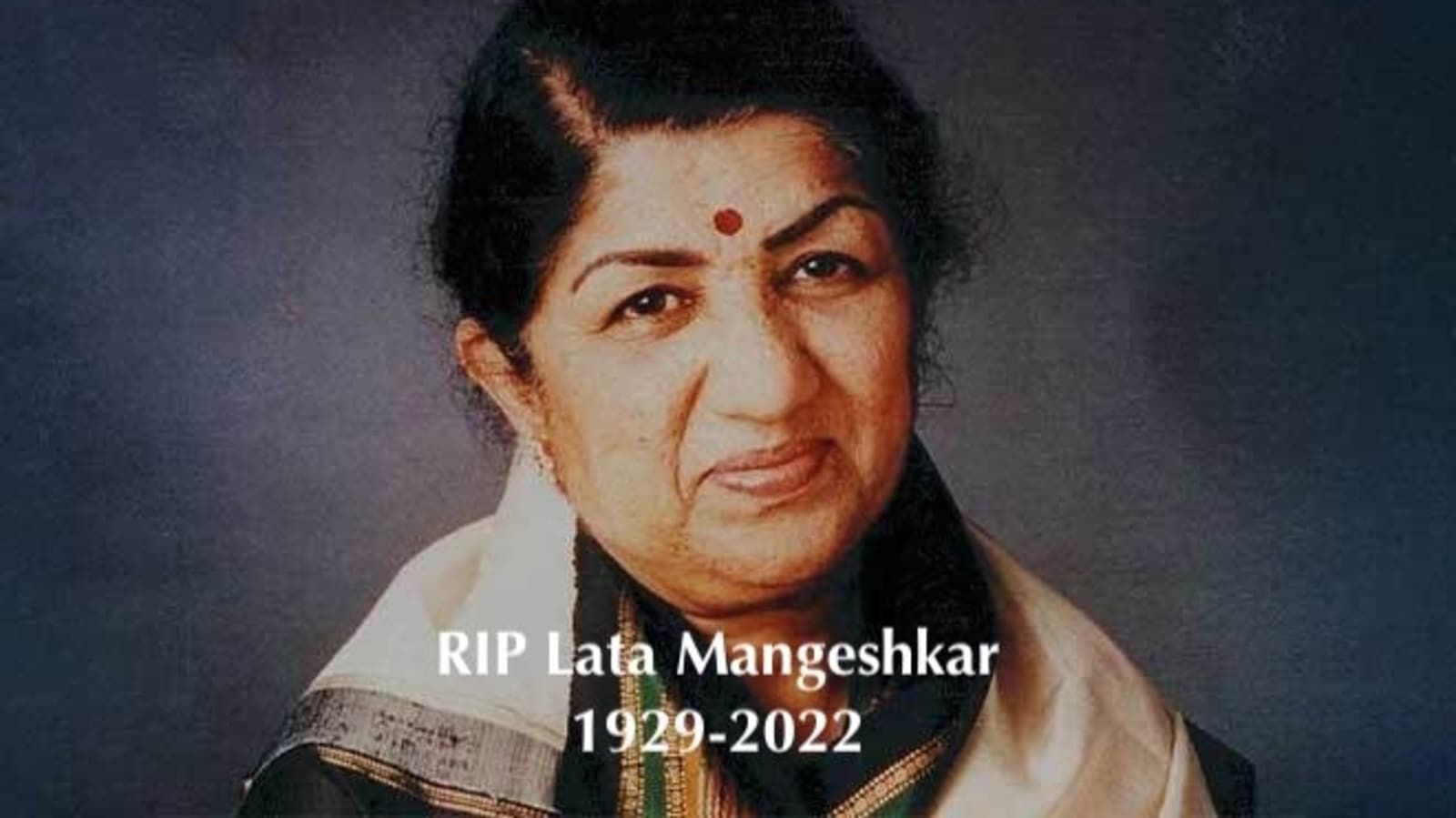Lata Mangeshkar passes away: The day music died
In 1965, when Marathi film legend and later Dadasaheb Phalke award recipient Bhalji Pendharkar wanted to make a movie on the urban-rural conflict amid the rapid transformation of a tumultuous decade, he turned to Lata Mangeshkar to compose its music. The assignment not only required musical genius but also a keen understanding of the scores of Marathi dialects spoken across Maharashtra.
By then, Mangeshkar – already a ‘playback’ singing sensation across Indian languages – had composed music for three Marathi films. It was Pendharkar’s film Saadhi Maansa (Simple Folk) – her fourth – that would become a landmark. Two of its songs – ‘Airanichya deva tula’ and ‘Malachya malamandhi’ – became all-time classics in Maharashtrian households and won innumerable awards.
If you saw the movie, though, you will be forgiven for not knowing that Mangeshkar composed its music. After ‘Ram Ram Pavhna’, her first film as composer in 1960, Mangeshkar preferred the relative anonymity of a male pseudonym. And so, it was Anand Ghan (literally, a cloud of joy) that gave music to Saadhi Maansa and won the state’s best music and best song awards for that year, not Lata Mangeshkar (Anand Ghan’s identity later became a popular question in school quizzes).
The Maharashtra state film awards for Saadhi Maansa are just two of the hundreds Mangeshkar won over a career spanning seven decades and more, in which she sang close to 30,000 songs (a number that is disputed, but often accepted in the absence of accurate, credible data).
On the morning of February 6, 2022, when Mangeshkar passed away at Mumbai’s Breach Candy Hospital, India not only lost one of its most prolific singers, but a musician who transformed the craft of film singing and became a benchmark for successive generations to emulate. She was admitted on January 8 due to Covid pneumonia. She initially responded to the treatment, doctors said, but her condition deteriorated in the first week of February and she had been on ventilator since.
Mangeshkar, or Lata Didi as she was fondly called, came from a household that worshipped music. Her father Dinanath Mangeshkar was a towering personality in Marathi theatre. He acted, produced and sang songs in plays that would change the face of Marathi theatre. He was one of the foremost exponents of Natya Sangeet and an accomplished Hindustani classical singer.
Born in September 1929, Lata was the first of a set of siblings – sisters Meena, Asha (Bhosle), and Usha, and brother Hridaynath – that ruled over Marathi and Hindi film music for decades. She was originally named Hema, but her father changed it to Lata after a character in one of his plays.
Though Lata had started singing in movies by the age of 13 in 1942, it was her breakthrough performance in Majboor in 1948 that catapulted her into mainstream Hindi films. Her mentor: music director Ghulam Haider, who, the urban legend goes, was so angry when a producer rejected Mangeshkar for being “too thin” thundered to the man that he would one day fall at Lata’s feet and beg her to sing in his movies. There is no record of whether this actually happened, and Mangeshkar herself never confirmed it, but she has, on several occasions credited Haider to be her mentor. “He was the first music director who showed complete faith in my talent,” she said in an interview in 2013.
The next year, 1949, she sang the haunting Aayega aanewala in the runaway hit Mahal, whose music director Khemchand Prakash was later also credited with mainstreaming another talent – Kishore Kumar. With Aayega aanewala, Mangeshkar had truly arrived, and was seen to have stepped out of the shadow of another film singing legend, Noor Jehan.
Between 1950 and well into the 2000s, Lata Mangeshkar lent her voice to scores of actors in not only Hindi and Marathi movies, but in languages as diverse as Bangla (in which she sang nearly 200 songs), Assamese, Gujarati, Tamil, Kannada, Telugu and Bhojpuri, among at least 25 others. Her career spanned from being Madhubala’s voice in the late 1940s to singing a devotional song picturised on Mugdha Godse in 2009, when Mangeshkar turned 80.
Also read: Lata Mangeshkar, India’s most iconic singer, dies at 92
In between, Mangeshkar won the Bharat Ratna, the Dadasaheb Phalke award, the French Legion of Honour, five Maharashtra state film awards, three national film awards, and countless other honours and citations, making her easily the most influential Indian film singer of all time, regardless of gender.
For all the latest entertainment News Click Here

